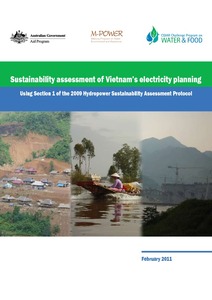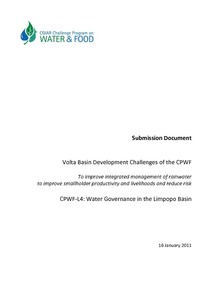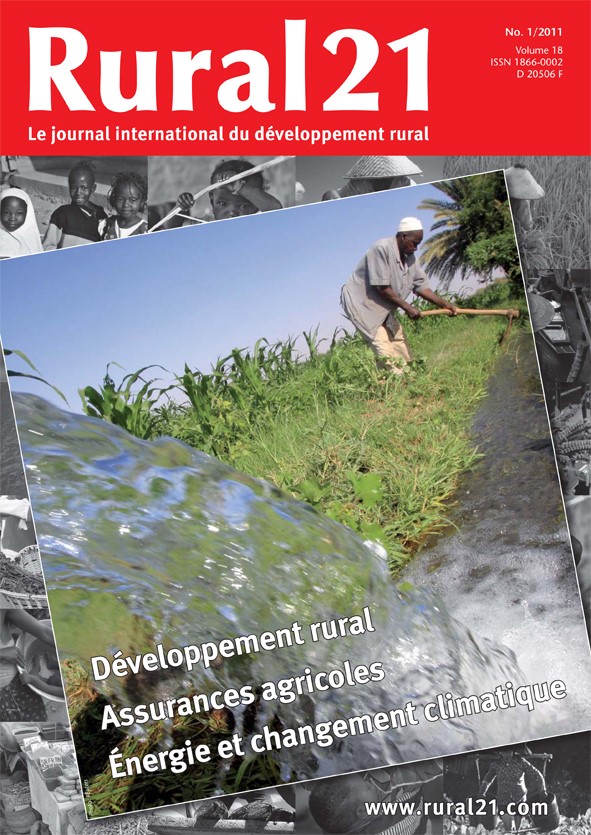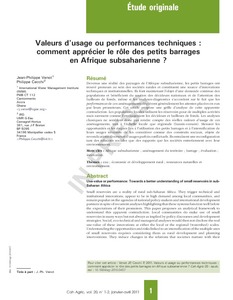Sustainability assessment of Vietnam's electricity planning: Using section 1 of the 2009 hydropower sustainability assessment protocol
The Draft Hydropower Sustainability Assessment Protocol (HSAP) was first introduced in Vietnam at the National Consultant Workshop organized by Vietnam Water Partnership (VNWP) in November 2009. Although the structure of HSAP is relatively complex and new to Vietnam, the participants (from Government agencies, experts, investors, and Vietnamese and international civil society organizations) had the impression that the HSAP has the potential to be a useful tool for participatory assessment of the sustainability of a hydropower project and broader planning.









